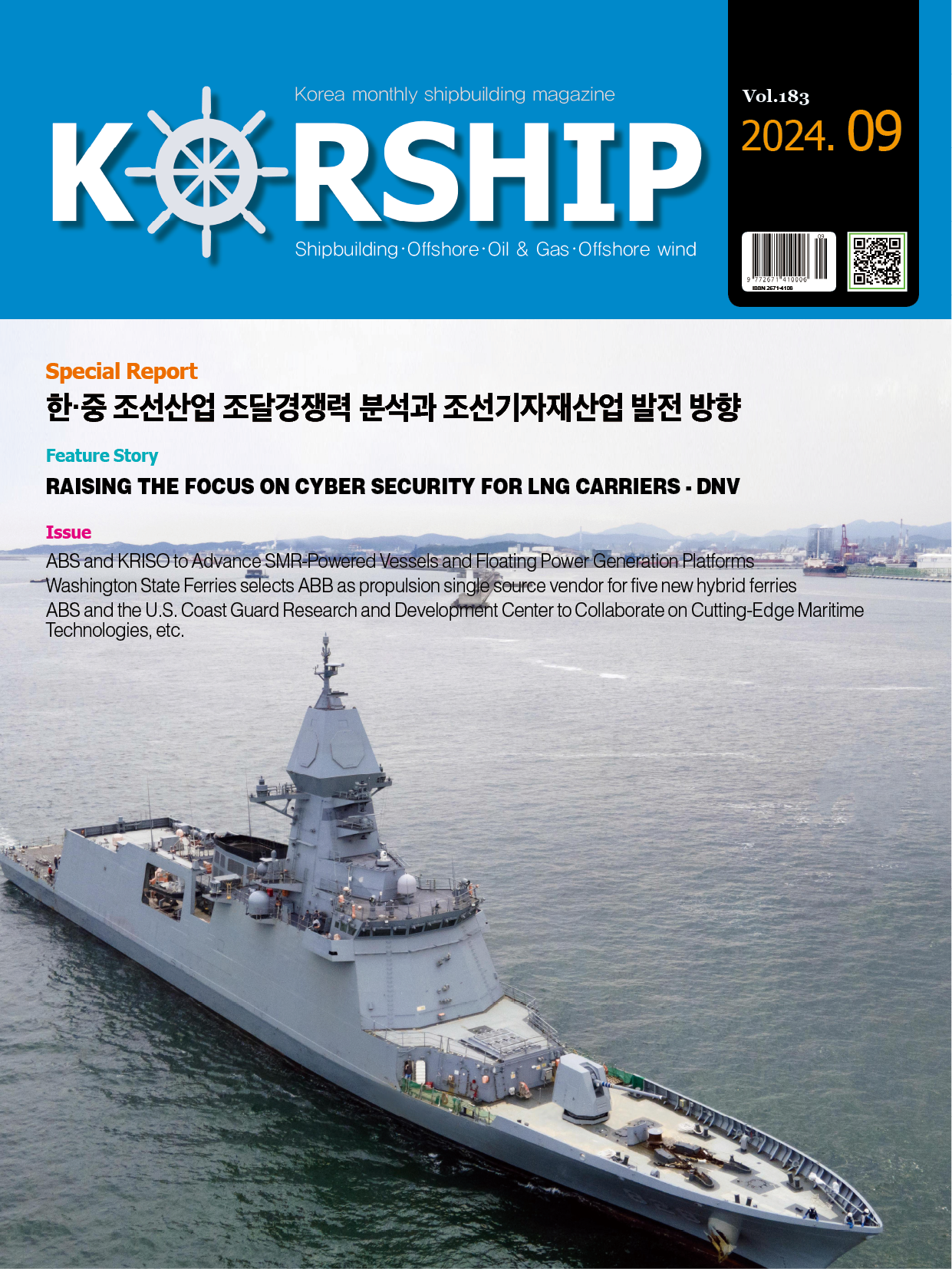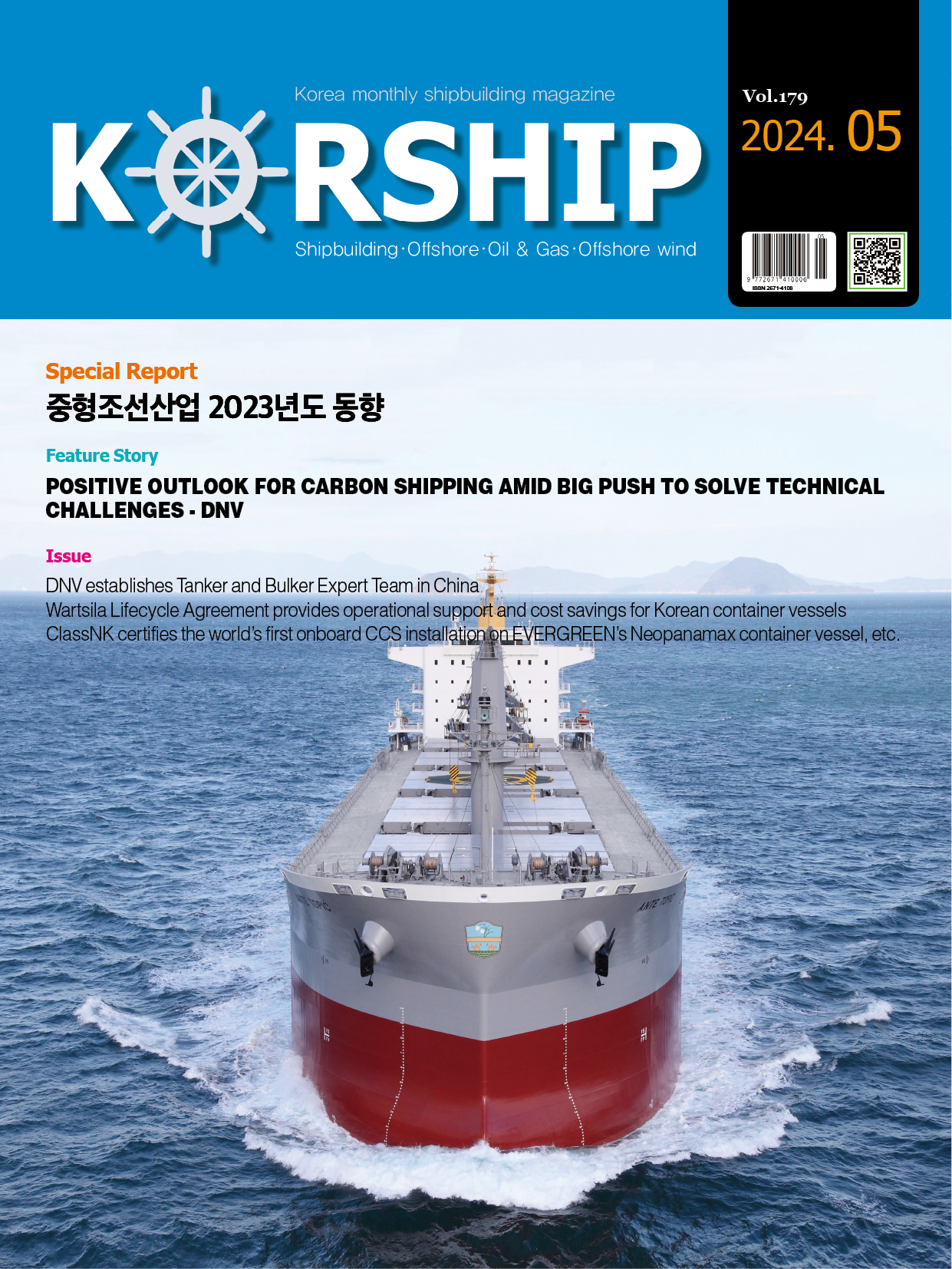Issue South Korea Successfully Achieves Simultaneous LNG Bunkering Operation…
페이지 정보
작성자 최고관리자 댓글 0건 조회 1,059회 작성일 23-12-14 18:31본문
For the first time in Korea, on 28 October, simultaneous operations(SIMOPs) of ship-to-ship LNG bunkering were successfully conducted for a coal-carrying bulk carrier at the POSCO raw material dock, one of the loading docks at Gwanyang port.
South Korea boasts world-class shipbuilding capabilities for LNG carriers and bunkering vessels. However, due to safety concerns, ship-to-ship LNG bunkering has never been carried out at the loading docks of its trading ports.
To address these concerns, the Ministry of Oceans and Fisheries of Korea(MOF) initiated a plan this year to promote LNG bunkering operations. They are supporting R&D projects and LNG bunkering operators by providing port facility fee discounts, with the aim of ensuring the successful implementation of simultaneous LNG bunkering operations.
KR, together with the Korea Research Institute of Ships & Ocean Engineering(KRISO), has been actively conducting research and development(R&D) aimed at improving LNG bunkering safety technology, including the development of standard LNG bunkering operating procedures.
KR also plays a vital role as a member of an advisory group established by the MOF, along with other specialized organizations. This group assists the ministry in promptly reviewing and approving administrative procedures related to safety regulations, with the goal of reducing unnecessary obstacles and enhancing efficiency.
A KR official commented, "While LNG has been widely chosen as an alternative fuel, this is a significant step forward in the operation of LNG bunkering. We will continue to do our best to support the safe and successful implementation of simultaneous LNG bunkering operations.”
A MOF official said, "We plan to expand the demonstration of bunkering with alternative marine fuels such as LNG and methanol at major Korean ports, including the Port of Busan. Our goal is to develop Korea as a primary bunkering hub for alternative marine fuels by significantly easing bunkering safety regulations and taking measures to establish a sustainable alternative marine fuel supply chain under the guidance of specialized organizations such as KR."












